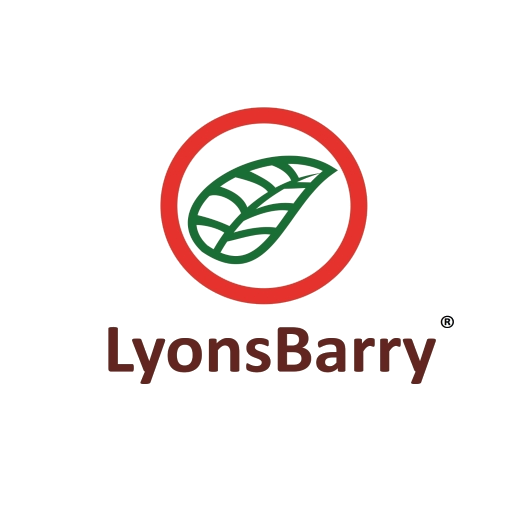Reducing White Hairs Through Diet and Lifestyle Changes
Introduction: White or gray hairs, though a natural part of aging, can sometimes appear prematurely due to various factors such as genetics, stress, and dietary habits. While it’s impossible to completely halt the graying process, certain dietary and lifestyle changes can help slow it down and maintain healthier, more vibrant hair. In this blog, we’ll explore how making mindful choices in your diet and lifestyle can contribute to reducing white hairs, along with precautions to avoid harmful food habits that may accelerate graying.
Nutrient-Rich Foods for Healthy Hair:
- Lean Protein: Incorporate lean sources of protein such as poultry, fish, eggs, and legumes into your diet. Protein is essential for the production of keratin, the protein that makes up hair strands.
- Vitamins and Minerals: Ensure you’re getting an adequate intake of vitamins and minerals that support hair health. Vitamin B12, biotin, vitamin E, zinc, and copper are particularly important for maintaining hair pigmentation and preventing premature graying.
- Omega-3 Fatty Acids: Include foods rich in omega-3 fatty acids, such as fatty fish (salmon, mackerel, sardines), flaxseeds, chia seeds, and walnuts. Omega-3 fatty acids help nourish hair follicles and promote overall scalp health.
- Antioxidant-Rich Foods: Antioxidants help combat oxidative stress, which can contribute to premature aging, including premature graying of hair. Incorporate plenty of fruits and vegetables, especially those rich in vitamins A, C, and E, into your diet.
- Hydration: Stay hydrated by drinking an adequate amount of water throughout the day. Dehydration can make hair dry and brittle, exacerbating the appearance of white hairs.
Precautions Against Harmful Food Habits:
- Excessive Sugar and Processed Foods: High intake of sugary and processed foods can contribute to oxidative stress and inflammation in the body, which may accelerate the aging process, including graying of hair. Limit your consumption of sweets, sugary beverages, and processed snacks.
- Smoking and Alcohol: Smoking and excessive alcohol consumption have been linked to premature aging and can also contribute to oxidative stress and damage to hair follicles. Quitting smoking and moderating alcohol intake can help improve overall health and reduce the risk of premature graying.
- Caffeine: While moderate consumption of caffeine is generally safe, excessive caffeine intake may lead to dehydration, which can affect hair health. Limit your intake of caffeinated beverages and opt for water or herbal teas instead.
Lifestyle Practices for Healthy Hair:
- Stress Management: Chronic stress has been associated with premature graying of hair. Practice stress-reducing techniques such as meditation, deep breathing exercises, yoga, or engaging in hobbies you enjoy.
- Regular Exercise: Physical activity improves blood circulation, which is beneficial for delivering nutrients to the hair follicles. Aim for regular exercise to promote overall health and hair vitality.
- Gentle Hair Care: Avoid harsh hair treatments and excessive heat styling, as these can damage hair and contribute to premature aging. Use gentle, sulfate-free shampoos and conditioners, and minimize the use of heat styling tools.
Conclusion: While genetics play a significant role in determining hair color and aging, adopting a nutrient-rich diet, avoiding harmful food habits, and practicing healthy lifestyle habits can help slow down the graying process and maintain healthier, more youthful-looking hair. Embrace your natural color and take proactive steps to support your hair’s health and vitality for years to come.







